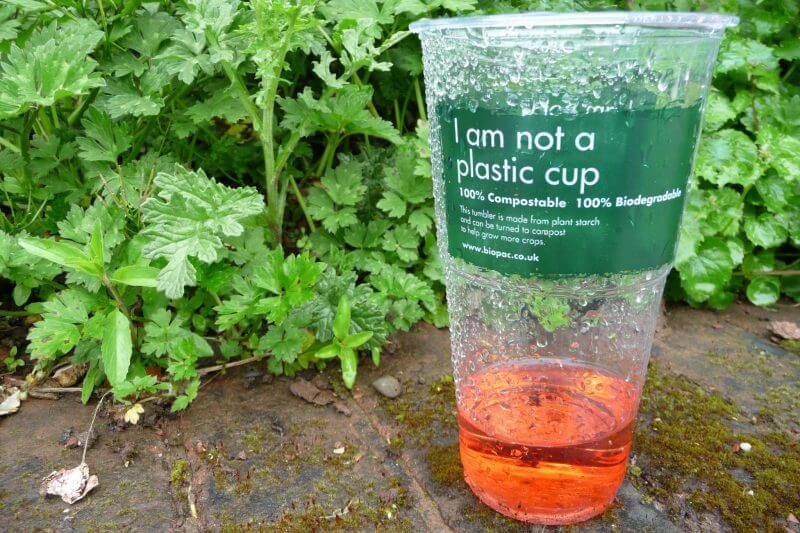Trees, crops and even organic waste can be transformed into a bewildering array of plastics to use in products ranging from single-use bags to heavy-duty aeroplane wings.
These so-called biopolymers could play a vital role in weaning us off petroleum plastics – which will help cut greenhouse gas emissions, and ensure plastics come from a renewable resource.
And in some cases they could help to reduce plastic pollution. One of the major sources of plastic pollution is packaging, which accounted for nearly 40% of the plastic used in the EU in 2019, according to Plastics Europe, a trade association.
[Through the VOLATILE project, researchers have] developed a technology that can be integrated into existing municipal anaerobic digestion and composting plants. It uses microorganisms to break down organic waste into volatile fatty acids, which are the building blocks of the PHB and PHBV plastics used to make plastic bags and food packaging.
The main by-product is a residue which can be used to make compost. Hydrogen gas is another by-product, and it can be used to make electricity.
Read the original post































